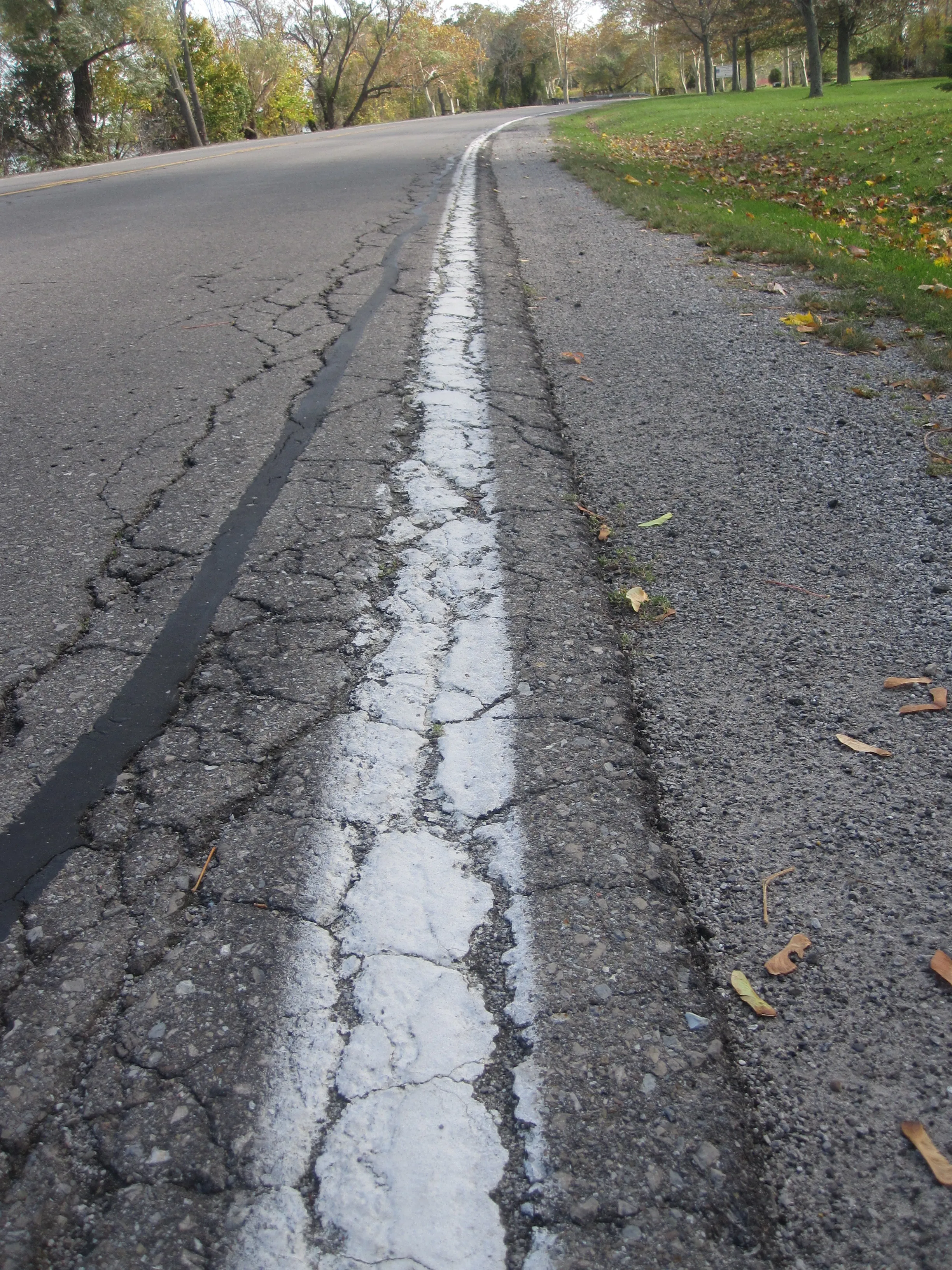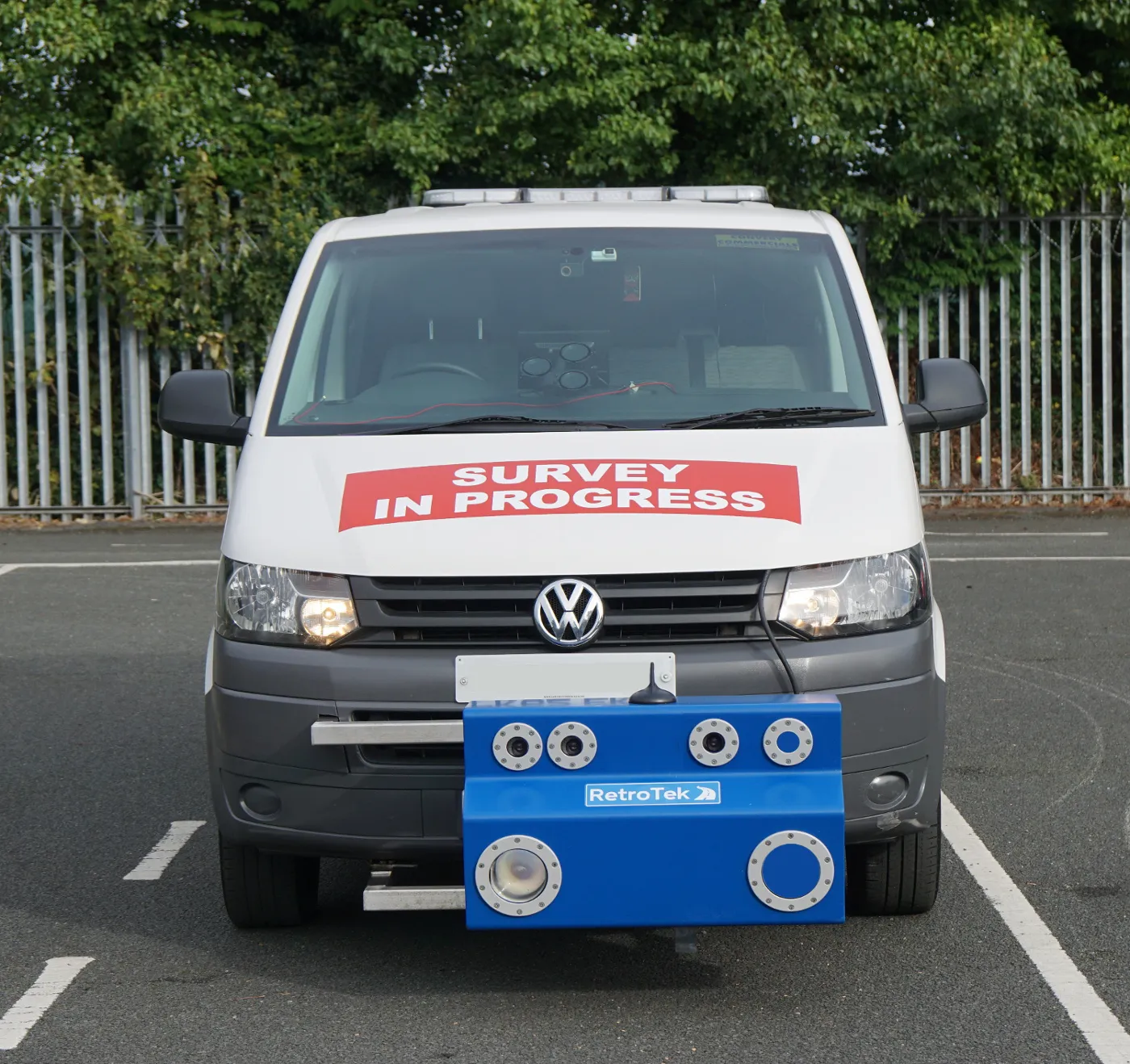
PMS, set up in 1981, specialising in pavement testing, design, evaluation and management of roads, airports and ports.
“PMS has well over 30 years’ experience in Australian highways asset management and has developed extensive market expertise and a reputation as a trusted advisor during that time,” said Simon Topp, director of marketing and international business at Yotta. “Working with them will allow us to significantly extend our footprint for Horizons across the country.”
John Yeaman, managing director of Pavement Management Services, said that because Yotta’s software is cloud-based it will enable PMS customers to plan their road maintenance programmes more efficiently and make a more robust case for funding and investment.







